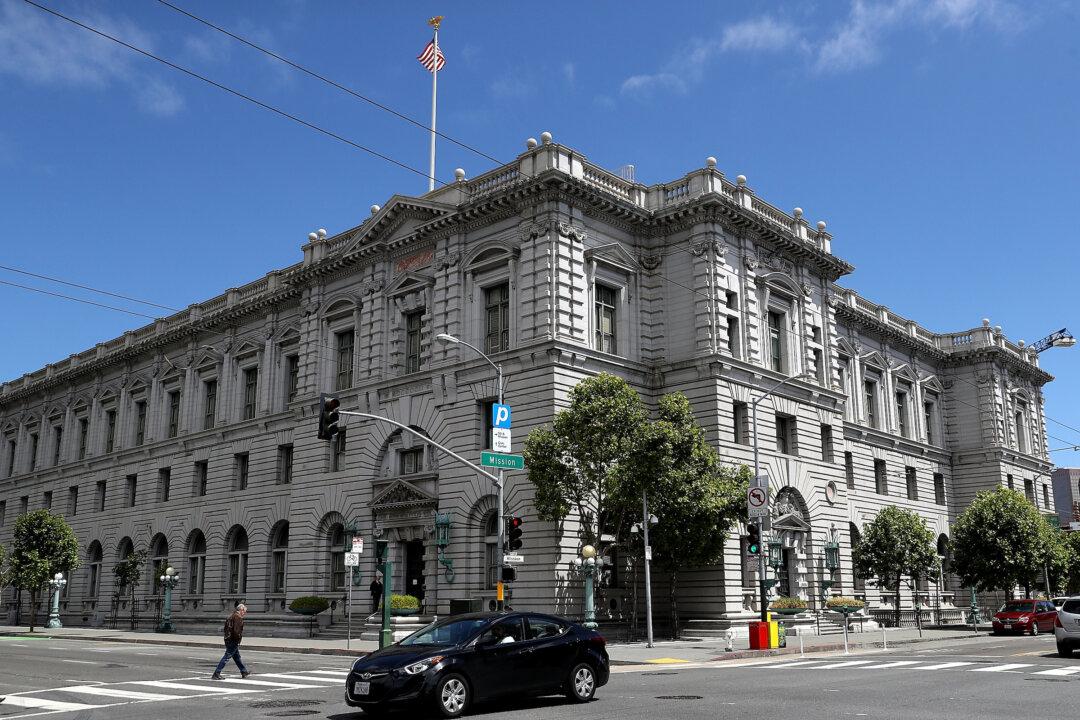A federal judge has recused himself from hearing a case brought by Palestinian activists who seek to block the White House’s policy of support of Israel, in a case scheduled months after he joined a group of judges who visited Israel following the Oct. 7, 2023, attack.
U.S. Circuit Judge Ryan Nelson, who sits on the Ninth U.S. Circuit Court of Appeals, issued a brief order on June 6 to confirm the move. While he disputed arguments from the activists that he should recuse himself, Judge Nelson said that he'll step away from the case “out of an abundance of caution.”





